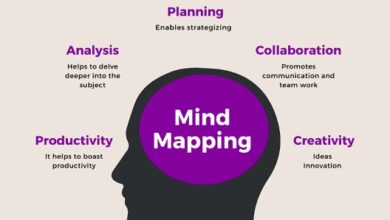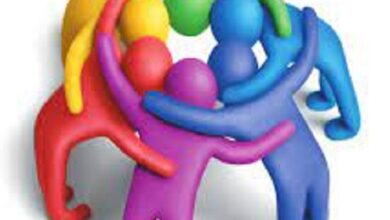Economics/Business
Economics
Economics is the social science that studies how individuals, businesses, governments, and societies allocate scarce resources to satisfy their unlimited wants and needs. It is concerned with the production, distribution, and consumption of goods and services, and the decisions and behaviors of individuals and institutions that shape these processes.
By reading the intensive articles of Englopedia.com you will grasp that it is a broad field that encompasses various branches and subfields, including microeconomics, macroeconomics, international economics, labor economics, behavioral economics, and many others. Microeconomics focuses on the behavior of individuals and firms, while macroeconomics looks at the overall performance of the economy, including issues such as inflation, unemployment, and economic growth. International economics examines the flow of goods, services, and capital across borders, while labor economics focuses on the behavior of workers and employers in the labor market.
Englopedia will make you aware that Economists use a range of tools and techniques, such as mathematical modeling, statistical analysis, and experimental methods, to study and analyze economic phenomena. They aim to understand how markets work, how individuals and institutions make decisions, and how public policies and institutions impact economic outcomes.
Through the leading articles of Englopedia you will realize that Economics has significant implications for individuals, businesses, governments, and societies, as it can inform decisions related to investments, production, taxation, trade, and social welfare policies. It is a crucial field of study for understanding the functioning and dynamics of modern economies and for addressing pressing global issues, such as inequality, climate change, and economic development.
-

What is Internal Recruitment with Behavioral management and benefits
Internal Recruitment The definition of internal recruitment tells us that it is the process by which the company evaluates its own employees in…
Read More » -

What is service provision and Provision of services by Individuals
Service provision The provision of service is a company-company relationship, that is, without an employment relationship, which has as its…
Read More » -

What is mind map its working and benefits types and usages in HR
Mind map The mind map is a visual tool used to organize ideas, favoring everything from learning to decision-making, and…
Read More » -

Humanized Management with implementation and management during pandemic
What is humanized management Humanized management places the employee at the center of decision-making and seeks to encourage them according…
Read More » -

What is a multidisciplinary team and interdisciplinary team and characteristics
Multidisciplinary team A multidisciplinary team is a team that brings together professionals with different skills, experiences and behavioral profiles, in…
Read More » -

Importance of statistics in human resource management
Statistics in HR In this article we will provide you the Importance of statistics in human resource management. Statistics in…
Read More » -

Home Office Costs and Reducing home office costs
Home Office Costs Home office costs are considerably lower for the company compared to face-to-face work, which is why this…
Read More » -

Goal management definition with 3 steps to manage and OKR methodology
What is goal management The definition of Goal management is the action of controlling the company’s strategic resources in order to…
Read More » -

Applicant tracking system definition its advantages and How to choose
What is Applicant tracking system? The definition of Applicant tracking system is a tool that helps you during the recruitment…
Read More » -

What is organizational psychology with origin importance and implementation
What is organizational psychology Organizational psychology is a branch of Psychology focused on the study and structuring of the behavior of…
Read More »